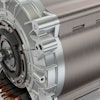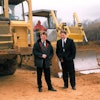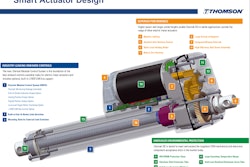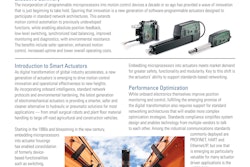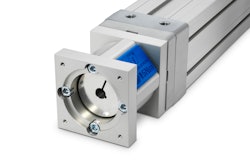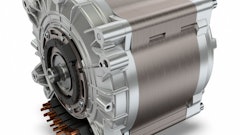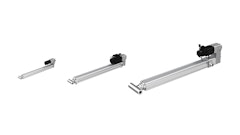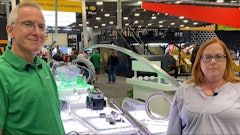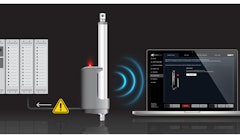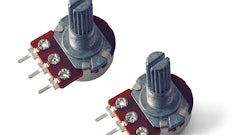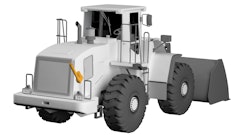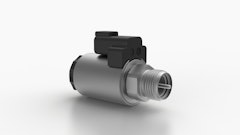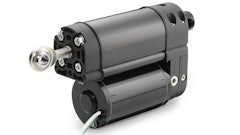Prior to adopting electromechanical actuators, height variability for Spika’s work platforms relied upon manual screw jacks and hydraulics, which carried many drawbacks. Load distribution and uneven platforms still posed challenges for customers, even with standard self-synchronizing electric actuators. As a result, Spika engineers began to search for alternative solutions to optimize their platform designs.
“In the past, we have used hydraulics, and we found that they were messy for the end user, and we had a hard time keeping the platform level from one side to the other,” said Kyle Whitecraft, Director of Quality Assurance at Spika. “With more unique customer needs, where we need up to 12 or 14 feet of adjustability, we realized we needed to source other actuators with more strength, synchronization options and longer strokes to continue meeting our customers’ expectations.”
Click here to watch a 15 minute webinar on Thomson's Advancements in Actuator Synchronization
“When Thomson introduced their line of Electrak HD actuators, it was very well custom made for our requirements,” said Tom Spika, the company’s founder and CEO, referring to the product’s optimized speed, power and control for dynamic loading with the right stroke lengths. “Thomson also offered simplistic installation, everything was integrated within the actuators and took very little time to assemble into our system.”
“The Electrak HD provided greater static strength, which was important for Spika,” said Chad Carlberg, Product Line Manager - Linear Actuators with Thomson. “Anytime they faced a cantilever or an uneven load, they needed synchronization. The Electrak HD also moved faster than previous actuators. Plus, when Spika faced hard challenges with delivery and long lead times for their customers, we were able to deliver in 2-3 weeks.”
As Spika’s platforms became more proficient, they received additional requests from customers and were able to get rid of the counter weights for the cantilever parts; as well as resolve the onboard counter weighting to address the uneven loading conditions. With Thomson’s synchronization feature, the speed of actuation remains constant even in the presence of uneven loads on the actuator. This was particularly important in applications where different actuators in sync on the same platform experience different types of loads such as small or large, compression or tension, while still delivering stable movement.
“Synchronization has allowed us to ensure accuracy,” added Spika. “With the Electrak HD series, we can also connect more than one deck together, link actuators and elevate all platforms at one time to ensure they are all consistently elevating.”
Spika’s customers require a safe access platform capable of a variety of heights that allows them to work ergonomically. Occupational Safety and Health Administration (OSHA) regulations had required Spika to load test all of their platforms to a 4x safety factor. One of the immediate benefits that Thomson’s actuator provided was static load ratings, holding loads up to 18 kn. “With our Electrak HD electromechanical actuators, we have been able to help Spika provide customers with greater variation of work platforms with stronger static control and faster delivery,” said Carlberg.
In the future, Spika hopes to expand use of Electrak HD actuators with servo motor control and PLCs. “As we go forward, we are going to be designing new and unique products to address the application needs of our customers,” said Tom Spika. “Without a doubt, Thomson is going to be a part of that process of development.”

